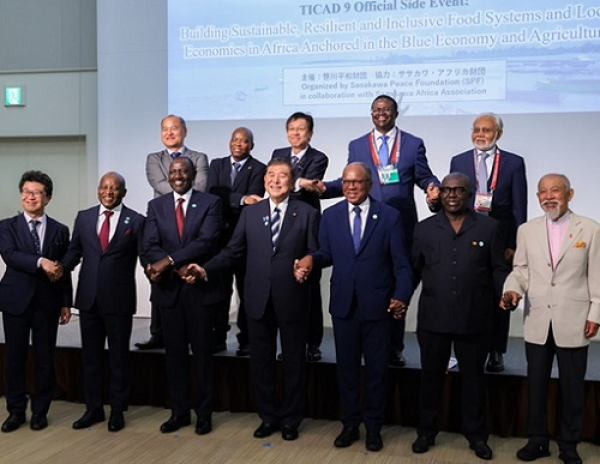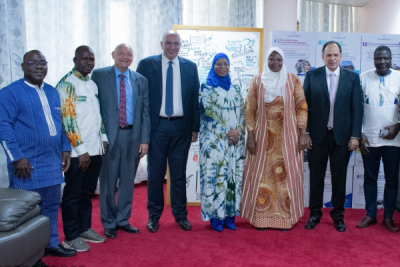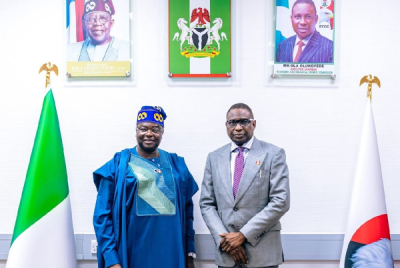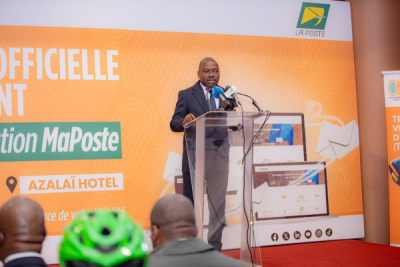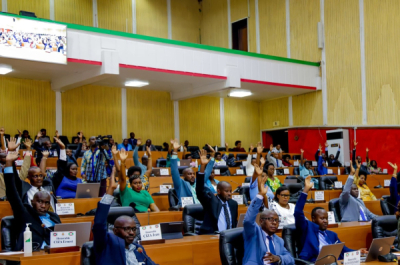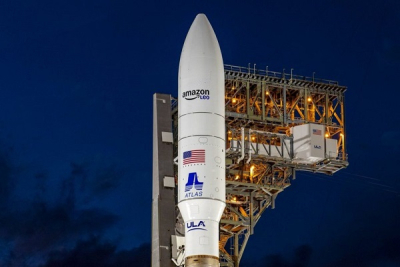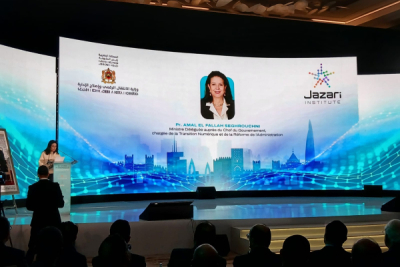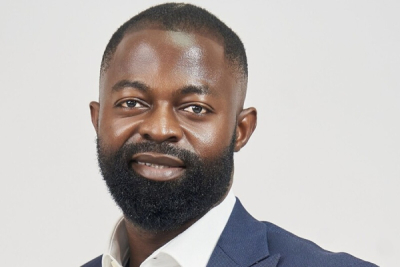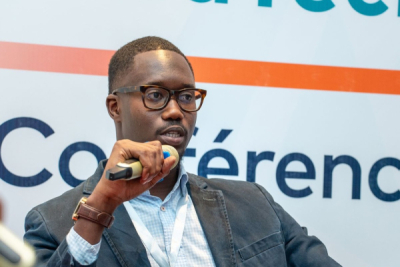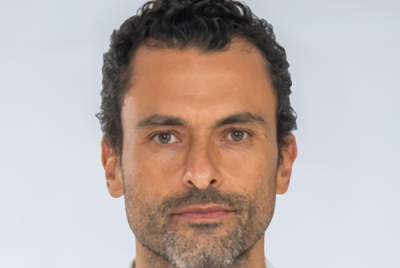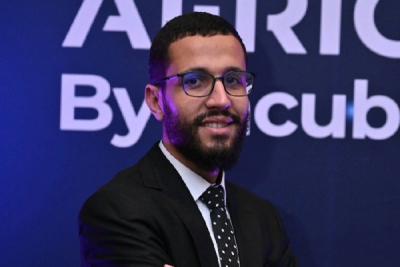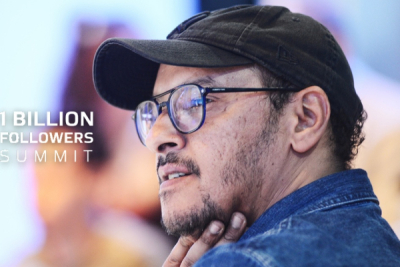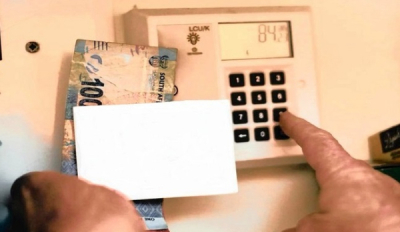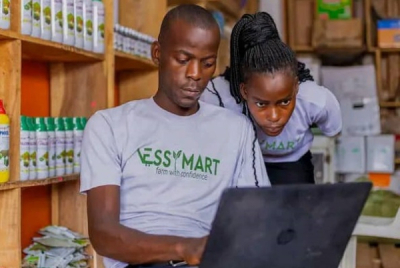• Japan to train 30,000 AI experts in Africa by 2028
• Program includes AI courses in universities, $5.5B in development loans
• Strategy targets job creation, green energy, and rivals China’s influence
Japan plans to train 30,000 artificial intelligence (AI) experts in Africa over the next three years to accelerate the continent’s economic digitization and create jobs, Japanese Prime Minister Shigeru Ishiba announced Wednesday, August 20, 2025.
"Japan's goal is to support the training of 30,000 AI experts over the next three years to promote digitization and create jobs," Ishiba said in a speech opening the 9th Tokyo International Conference on African Development (TICAD-9), held in Yokohama, 40 kilometers south of Tokyo. The conference runs through Friday, August 22.
Ishiba also stated that Japan would share its digital expertise to "co-create solutions" for challenges facing Africa.
According to government sources cited by Japan’s Kyodo News agency, Tokyo intends to launch courses on AI and data science at African higher education institutions. This effort will be in cooperation with Yutaka Matsuo, a professor at the University of Tokyo’s Graduate School of Engineering and a leading Japanese AI expert.
These courses will be offered at dozens of universities in several countries, including Kenya and Uganda, and will focus primarily on integrating AI into the manufacturing, agriculture, and logistics sectors, the sources said.
In addition to developing AI talent, Ishiba revealed that Japan will train 300,000 people in other fields, including 35,000 in healthcare and medicine, over the next three years. The Japanese prime minister also proposed the creation of an "economic zone" linking the Indian Ocean to Africa, which would "contribute to Africa's integration and industrial development." He pledged to promote free trade and private investment on the continent.
Japan's strategy aims to differentiate itself from China
Ishiba also announced that Japan will provide loans of up to $5.5 billion to several African countries in coordination with the African Development Bank (AfDB) to promote sustainable development and address debt issues. The Japan International Cooperation Agency (JICA) and private financial institutions also plan to provide $1.5 billion in impact investments to help African nations reduce greenhouse gas emissions and meet sustainable development goals.
Unlike previous TICAD conferences, which have been held every three years since 1993, the Japanese government did not announce the total amount of funds it plans to inject into African economies over the next three years.
By focusing on investments in human capital, green energy, and improving living conditions, Japan is seeking to distinguish its approach from that of its powerful rival, China. In recent years, China has increased its influence on the continent by providing massive funding, often in the form of loans for infrastructure projects that have contributed to excessive debt in several countries.
According to Ecofin Agency, leaders from about 50 African countries are attending TICAD-9, including Nigerian President Bola Tinubu, South African President Cyril Ramaphosa, and Kenyan President William Ruto.


